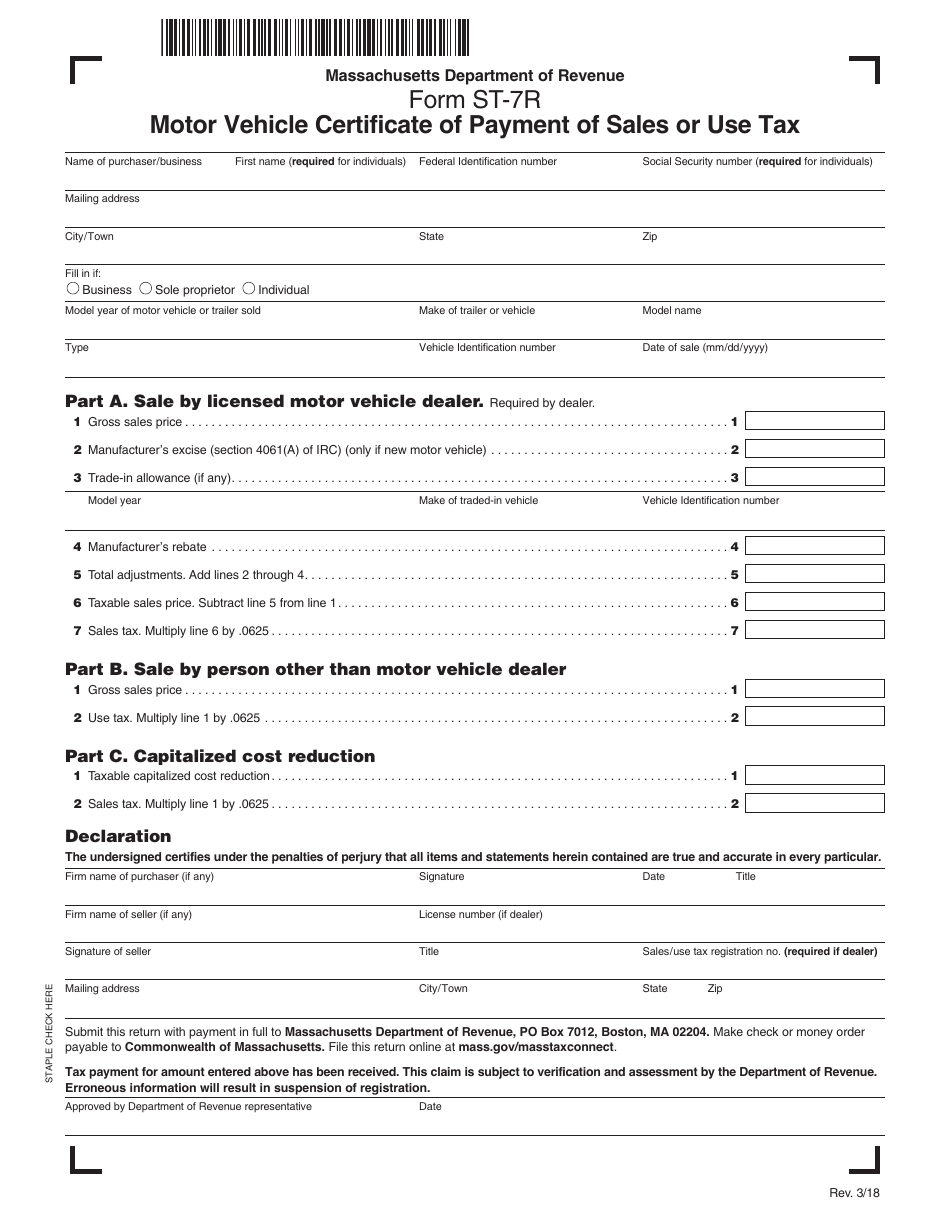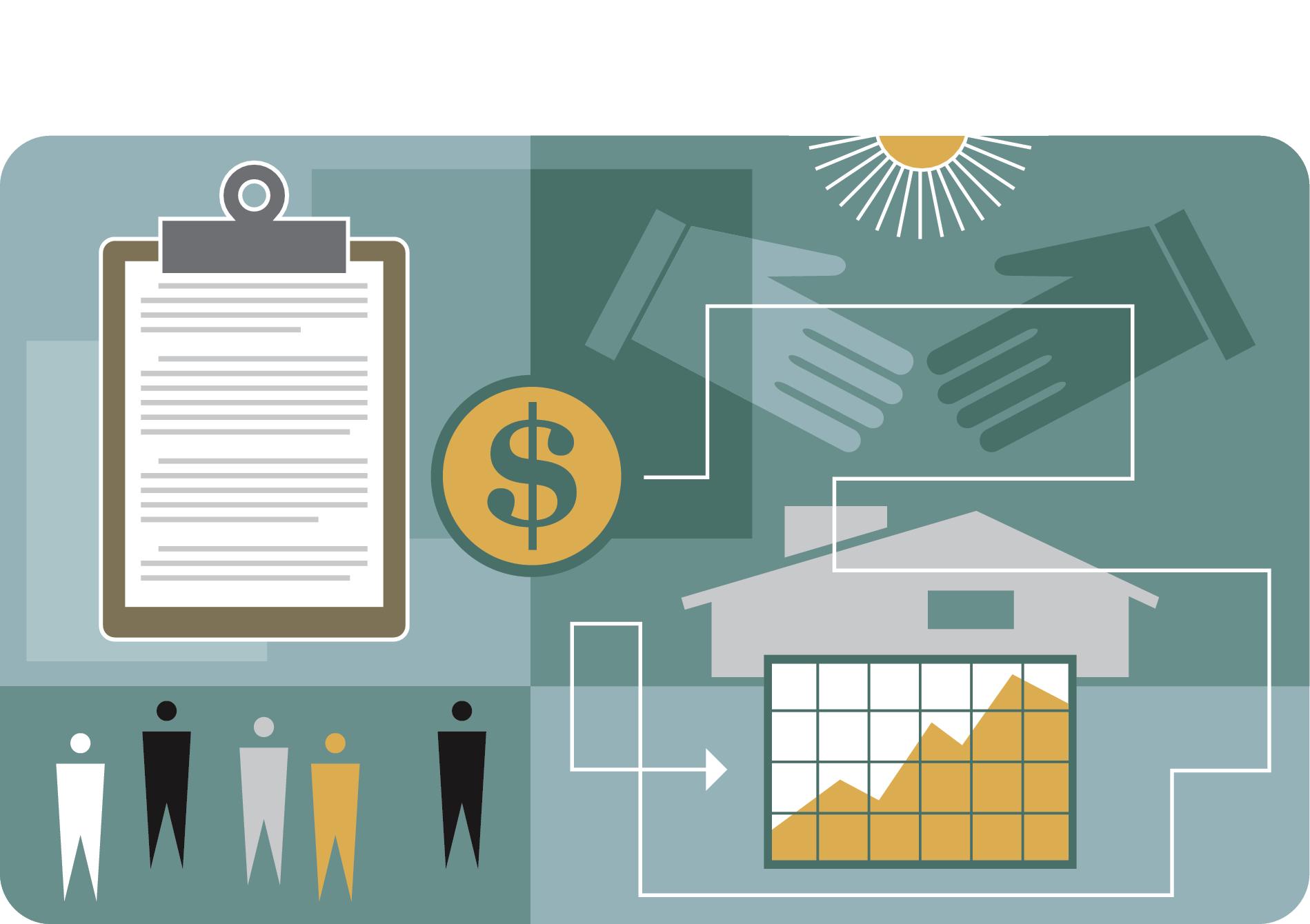Table of Content
Rent is the amount of money you pay for the use of property that is not your own. However, if you use the property for your trade or business, you may be able to deduct a portion of the rent from your taxes. In general, retail sales of tangible personal property in California are subject to sales tax. Generally, the tax imposed in lease transactions is a use tax on the lessee measured by rentals payable.
Section 121 is a provision of the tax code that allows home sellers to exclude a certain amount of their gains from taxation. It applies if they’re selling a primary residence and meet other requirements. The basis of the shares you acquired first, then the basis of the stock later acquired, and so forth (first-in first-out). Except for certain mutual fund shares and certain dividend reinvestment plans, you can't use the average basis per share to figure gain or loss on the sale of stock.
Don’t Forget Property Tax Deductions With The Sale of a Second House
But with some savvy financial planning, tax expert assistance, and the help of a savvy real estate agent, you can sell your house without giving up too much money to Uncle Sam after all. Essentially, a charitable remainder trust lets you donate an investment property to the charity of your choice by putting it into a CRT, which allows the charity to sell the property at a 0% tax rate. “A 1031 exchange, commonly referred to as a ‘like-kind exchange,’ allows you to exchange one investment property for another without recognizing gain at the time of the exchange.
Taxpayers who don't qualify to exclude all the taxable gain from their income must report the gain from the sale of their home when they file their tax return. Taxpayers who receive Form 1099-S, Proceeds from Real Estate Transactions, must report the sale on their tax return even if they have no taxable gain. If you won’t qualify for any capital gains tax exemptions, it’s best to know how much you’ll owe ahead of time so you have a better idea of your final profit.
Tax tips for taxpayers to consider when selling their home
However, suppose you utilized the property as your principal residence and met specific additional criteria. In that case, you may deduct up to $250,000 of the gain ($500,000 if married), regardless of whether you purchase another home. It also sets you up to take advantage of the capital gains tax exemption on the house you’re flipping so that you won’t lose a large chuck of your profits to the IRS. You can’t always get this exemption just because you are selling your primary residence.
Purchasing a second home can be one of the best decisions you will ever make, especially when you have a strong grasp of the 2nd home tax laws. The home can’t have been used as a vacation property for more than 14 days, or 10% of the time it was rented for, during the last 2 years. So far, you are up to $240,000, but you can also add expenses when you sell the home, including commission and closing costs.
How Much Capital Gains Tax Will You Owe to The IRS?
The 20 percent maximum capital gains rate applies only to the $20,000 gain remaining, Levine said. When selling your primary home, you can make up to $250,000 in profit or double that if you are married, and you won’t owe anything for capital gains. The only time you will have to pay capital gains tax on a home sale is if you are over the limit. If you or your family use the home for more than two weeks a year, it’s likely to be considered personal property, not investment property. This makes it subject to taxes on capital gains, as would any other asset other than your principal residence. Military personnel and certain government officials on official extended duty and their spouses can choose to defer the five-year requirement for up to 10 years while on duty.
First, you’ll need to figure out the cost basis for your home. You’ll need to consider not only the total amount you spent to purchase the house but also how much you’ve spent on any additions or home improvements. So, for example, let’s say your original purchase price was $200,000 and you spent $20,000 on adding an extra room.
The $150,000 is the amount of money the IRS considers taxable. Knowing that there aren’t any taxes connected to a property sale, many home sellers won’t even report their sales to the IRS. However, it’s important to note that there are exceptions to the tax-free rule. There can be a great deal involved in buying and selling houses, whether it’s for the first time, the second time, or any time after that.

This may influence which products we write about and where and how the product appears on a page. You must have lived in the residence for at least two of the previous five years. At HomeLight, our vision is a world where every real estate transaction is simple, certain, and satisfying. Therefore, we promote stricteditorial integrity in each of our posts.
The taxable gain is $100,000 ($500,000 sales price - $400,000 cost basis). If you are single and you lived in your house for two of the five years directly before the sale, the first $250,000 of any profit you make on the home is tax-free. The tax-free amount increases to $500,000 if you’re married and you and your spouse file a joint tax return. $500,000 of capital gains on real estate if you’re married and filing jointly. But most homeowners won’t have to fork over capital gains taxes — at least when they sell their main house.

Given their scale, these services generally cost less than attorneys who charge by the hour. A firm that has an established track record in working with these transactions can help you avoid costly missteps and ensure that your 1031 exchange meets the requirements of the tax code. The property was not owned and used as the seller’s principal residence for at least two of the last five years prior to the sale . The main major restriction is that you can only benefit from this exemption once every two years.
Your capital gains tax rate depends on how soon you sell your house. If you hold the house for one year or less, you pay short-term capital gains. This is taxed as ordinary income, so you’ll pay 10–37%, depending on your household income.

You may be able to do so, however, on investment property or rental property. Realizing a large profit at the sale of an investment is the dream. For owners of rental properties and second homes, there is a way to reduce the tax impact. To reduce taxable income, the property owner might choose an installment sale option, in which part of the gain is deferred over time. A specific payment is generated over the term specified in the contract.
What about the primary residence tax exemption?
Step 6Final determination of eligibilityYour home sale is eligible for the maximum exclusion if you meet the above tests. Next, check whether your home sale qualifies for this exclusion. Again, Section 121 exclusion applies to the sale of your main home only. First and most importantly, hold the property for at least two years! Section 121 exclusion only kicks in after two years of ownership.
The QI is a third-party company that holds onto the money for those 45 to 180 days while you arrange the purchase of a new property. You are not allowed to hold onto the money yourself when using a 1031 exchange. Reduce your capital gain by deducting the cost of capital improvements made to your home from the proceeds of the home sale.

No comments:
Post a Comment